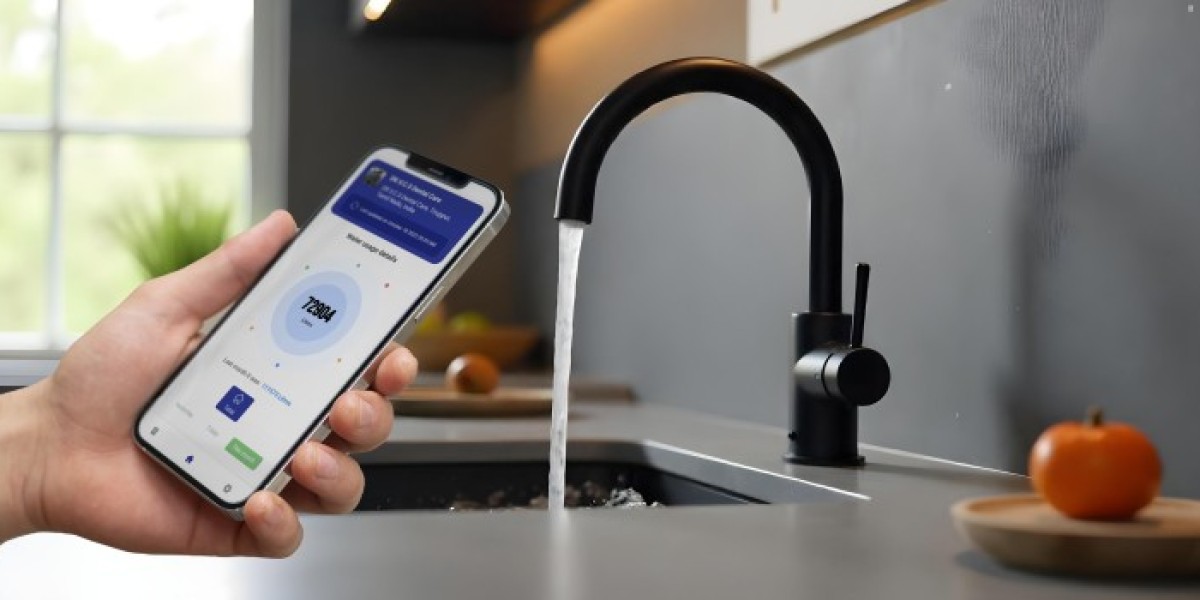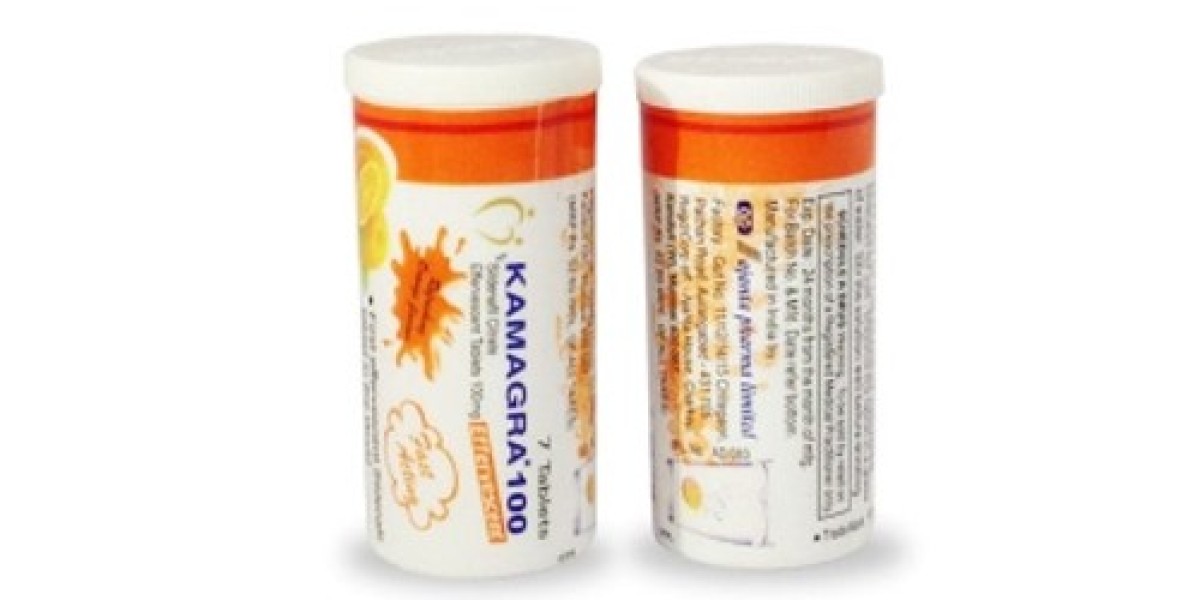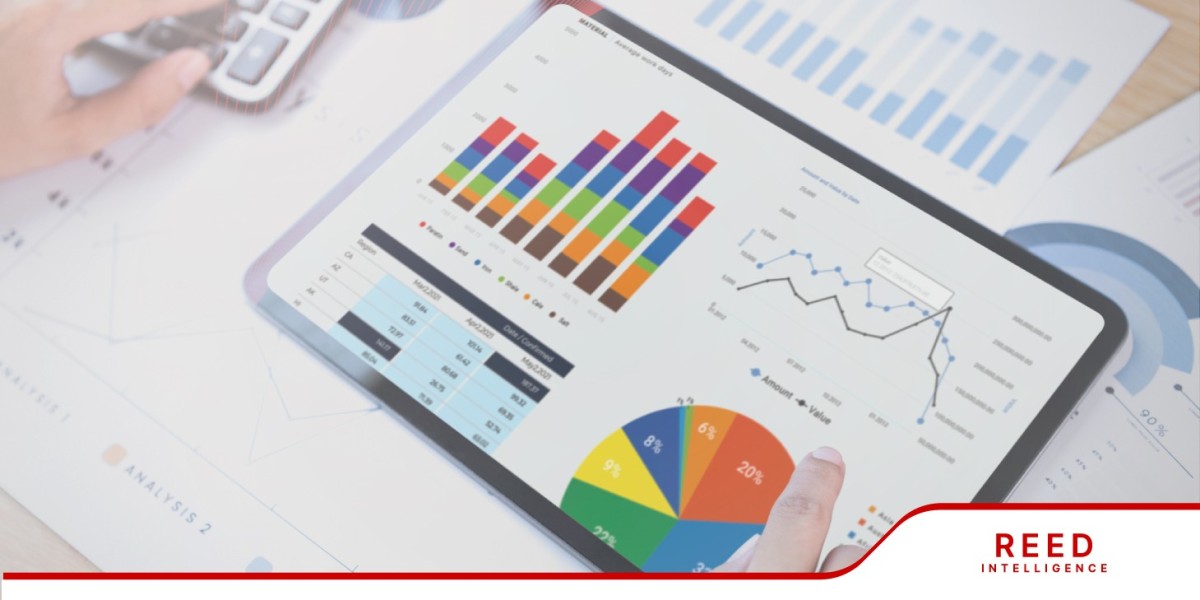Water is essential to life, yet it is a resource that must be managed carefully. With increasing demand and limited supply, the need for efficient water management has never been greater. Smart water meters are a game-changing solution, offering a smarter way to monitor and optimize water usage. By combining advanced technology with real-time data, these devices are reshaping how we manage water at home, in businesses, and across industries.
What Are Smart Water Meters?
A smart water meter is an advanced device designed to measure water consumption with precision. Unlike traditional meters, smart water meters automatically send usage data to utility providers or users through wireless networks. This instant data transfer eliminates manual readings and provides timely insights into water consumption patterns, making it easier to detect and fix issues like leaks.
Why Are Smart Water Meters Important?
The benefits of smart water meters extend far beyond convenience:
Accurate and Transparent Billing With smart water meters, billing is based on precise, real-time data. This eliminates estimation errors, ensuring that users pay only for the water they consume.
Leak Detection and Alerts Smart water meters can identify leaks early and send alerts immediately. This prevents water wastage and reduces costly damage to property.
Real-Time Insights By integrating with IoT monitoring systems, these meters allow users to monitor water usage anytime, empowering them to adopt conservation strategies and reduce waste.
Environmental Sustainability Encouraging efficient water usage, smart meters contribute significantly to smart water management initiatives, helping communities and industries reduce their environmental footprint.
How Do Smart Water Meters Work?
Smart water meters use sensors to measure water flow accurately. These sensors are connected to a network that transmits data to a centralized system or directly to users through apps or dashboards. Users can view water usage trends, receive alerts, and even control water flow remotely.
For agricultural purposes, smart water meters often integrate with smart irrigation systems using IoT. By analyzing soil moisture levels and weather conditions, these systems ensure crops get just the right amount of water, minimizing waste and maximizing efficiency.
Key Applications of Smart Water Meters
Smart water meters are versatile and can be deployed across various sectors:
Residential Use Homeowners can monitor daily water usage, identify areas for improvement, and save on utility bills.
Commercial and Industrial Use Businesses can optimize water usage across operations, ensuring sustainability while cutting costs.
Agricultural Use Farmers can use smart water meters to enhance irrigation efficiency and conserve water resources.
Role in Smart Water Management
Smart water meters are a cornerstone of smart water management strategies. By providing detailed consumption data, they enable water utilities to optimize supply, reduce wastage, and address infrastructure issues proactively. For users, these meters foster awareness and accountability, promoting responsible water use.
Challenges of Adopting Smart Water Meters
Despite their advantages, implementing smart water meters comes with challenges:
High Initial Costs: Installing smart water meters involves significant upfront investment.
Data Security Concerns: Ensuring the privacy and security of water usage data is critical.
Resistance to Change: Adopting new technology can be challenging for individuals and organizations accustomed to traditional systems.
The Future of Smart Water Meters
As technology continues to advance, smart water meters are expected to become more accessible and integrated into everyday life. They will play a pivotal role in broader IoT monitoring systems and complement tools like smart irrigation systems using IoT, creating a seamless network for water management. Additionally, advancements in smart water technology will further enhance their capabilities, offering smarter solutions for sustainable water use.
Governments and organizations worldwide are recognizing the potential of smart water meters in addressing water scarcity and inefficiency. With increased adoption, these devices will help build smarter, more sustainable cities and communities. Furthermore, integrating them with IoT remote monitoring solutions can provide even greater control and insights into water management systems.
Conclusion
Smart water meters are revolutionizing water management by providing real-time insights, enabling early leak detection, and promoting efficient water usage. When integrated with advanced systems like IoT monitoring, smart irrigation systems using IoT, and smart water technology, they offer a comprehensive solution to the challenges of modern water management.
By adopting smart water meters, we take a significant step toward a future where water is managed responsibly and sustainably. To learn more about how smart water meters can benefit your home, business, or farm, visit KarIoT and explore their innovative solutions for a smarter tomorrow.



